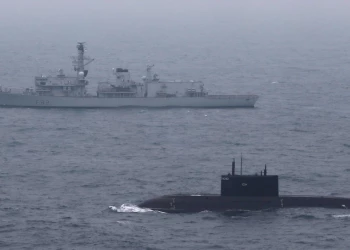Evidence emerging of use of rape as tool of war in Libya
Add bookmark"We have information to confirm that it was a policy in Libya to rape those who were against the Government," Louis Moreno-Ocampo, the ICC Prosecutor told reporters at United Nations Headquarters. "We are getting some information that [Libyan leader Muammar al-] Qadhafi decided to [use] rape. Rape is a new aspect of the repression," said Mr. Moreno-Ocampo.
"We are finding some elements confirming this issue of acquisition of Viagra-type of medicaments to show a policy. They were buying containers with products to enhance the possibility to rape, and we are getting the information in detail confirming the policy. We are trying to see who was involved," he added.
ICC prosecutors last month requested the court’s judges to issue arrest warrants for Mr. Qadhafi, one of his sons and the head of the country’s intelligence forces, accusing them of committing crimes against humanity during the ongoing conflict in the North African nation.
Mr. Moreno-Ocampo said at the time that his office had gathered direct evidence detailing the orders issued by Mr. Qadhafi, the role of Saif Al Islam Qadhafi in recruiting mercenaries, and the participation of intelligence chief Abdullah Al Sanousi in attacks against demonstrators.
In his press conference today, Mr. Moreno-Ocampo said a rape charge is likely be added to the previous ones, once the investigations are completed and after the judges have made a ruling on the first set of charges.
Meanwhile, the Secretary-General’s Special Envoy for Libya, Abdul Ilah al-Khatib, is continuing his contacts with the principal parties to the conflict on the way forward in the search for a political solution.
Mr. Khatib met yesterday with the authorities in the capital, Tripoli, including the Prime Minister and the Chair of the People’s Congress. He urged them to share their views with the UN regarding a transitional period that would allow for a political process that meets the legitimate aspirations of the Libyan people.
Today, visiting the opposition-held city of Benghazi, Mr. Khatib discussed the same issues with the Transitional National Council Chairman Mustafa Abdel Jalil. Mr. Khatib’s objective is to determine how best to help the Libyan parties agree on a transition linked to a political process that would end the current fighting in the country.
The special envoy will attend tomorrow’s meeting of the International Contact Group for Libya in Abu Dhabi, along with the Under-Secretary-General for Political Affairs, B. Lynn Pascoe.






















